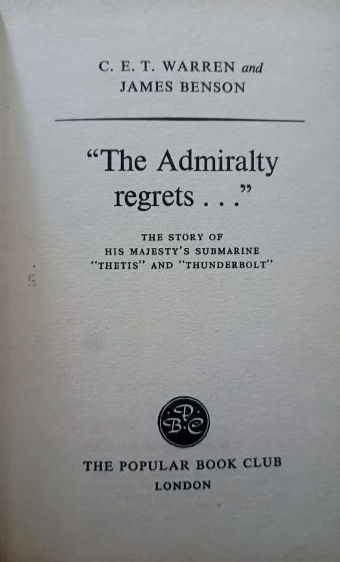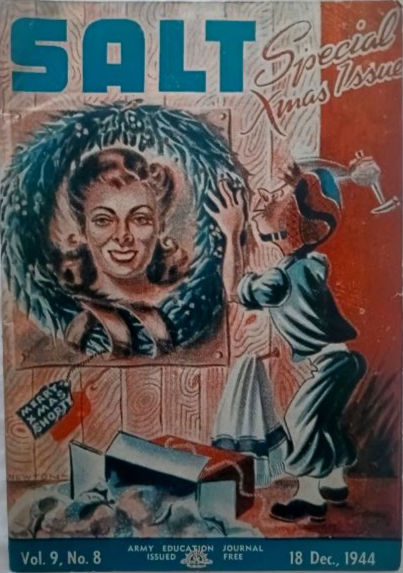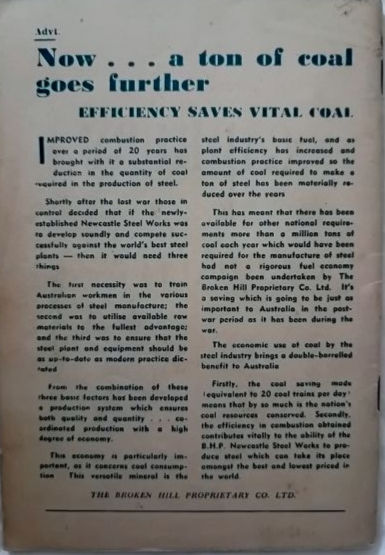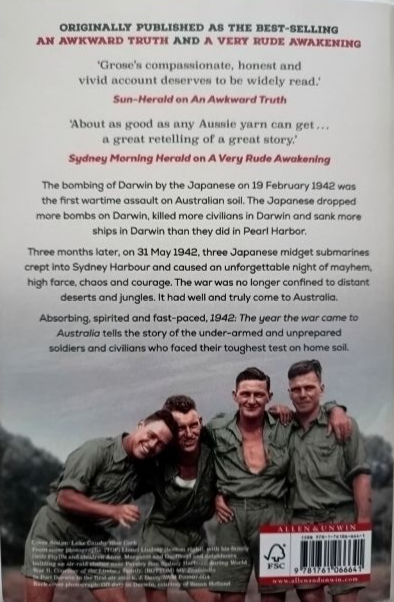Vlasov (1970) By Sven Steenberg
Pieced together largely from personal accounts and documents of some of the people directly involved, this is an effort to rescue from obscurity the Russian general whose name is associated with the one attempt to overthrow Stalin's regime that had any chance of success. Andrei Vlasov pursued a highly successful career in the Red Army and became in the 1941 Battle of Moscow a full-fledged Russian hero, the first general to defeat a German army during the war. Captured by the Germans in 1942, Vlasov began to entertain ideas of leading a national liberation movement to free Russia from Communist rule. Such a project was encouraged by the eager endorsement of many officers within the German Wehrmacht Eastern Department. Steenberg, a wartime Wehrmacht interpreter and liaison man in German-occupied Russia, portrays the collaboration of Vlasov and other Russian prisoners with German military leaders as a "meeting on a common ground of Russian and German opponents of dictatorship and despotism." But Vlasov and his colleagues "failed to understand the nature of National Socialism"; though they managed to stir up genuine liberation activity and to draft a political program which deliberately rejected Nazi ideology and aimed at real democratization of Russia, Hitler had no use for them beyond pure propaganda. Andrey Andreyevich Vlasov or Wlassow (September 14, 1901 - August 1, 1946) was a Russian Red Army general and collaborationist. During World War II he fought in the battle of Moscow and later was captured attempting to lift the siege of Leningrad, after which he defected to Nazi Germany and headed a so-called Vlasov Army or ROA. At the war's end, he changed sides again and aided the Prague uprising but was tribunaled in Moscow for treason and hanged. Vlasov's only combat against the Red Army took place on February 11, 1945, on the river Oder. After three days of battle against overwhelming forces, the First Division of the ROA was forced to retreat and marched southward to Prague, in German-controlled Bohemia. On May 6, 1945, Vlasov received a request from the commander of the first ROA division, General Sergei Bunyachenko, for permission to turn his weapons against the Nazi SS forces and aid Czech resistance fighters in the Prague uprising. Vlasov at first disapproved, then reluctantly allowed Bunyachenko to proceed. Some historians maintain it was the bitterness of the ROA against the Germans which caused them to switch sides once again, while other historians believe the sole purpose of this action was to win favor from the western Allies and possibly even the Soviet side, in the light of the nearly completed military annihilation of the German Reich. Two days later, the first division was forced to leave Prague as communist Czech partisans began arresting ROA soldiers in order to hand them over to the Soviets for execution. Vlasov and the rest of his forces, trying to evade the Red Army, attempted to head west to surrender to the Allies in the closing days of the war in Europe. Vlasov's division, commanded by General Sergei Bunyachenko, was captured 40 km south-east of Plze by the Soviet 25th Tank Corps. Vlasov was found hiding wrapped in two blankets in a motor car and was identified with the help of his own driver. Captain M. I. Yakushev of the 162nd Tank Brigade had Vlasov dragged out of his car, put on a tank and driven straight to the Soviet 13th Army HQ. Vlasov was then transported from the 13th Army HQ to Marshal Ivan Konev's command post in Dresden, and from there sent immediately to Moscow. Vlasov was held in the Lubyanka prison. A trial held in the summer of 1946 and presided over by Viktor Abakumov sentenced him and eleven other senior officers from his army to death for treason. The twelve men were hanged in August.
- Hard Cover with Dust Cover
- 230 pages
- In Good Condition
































